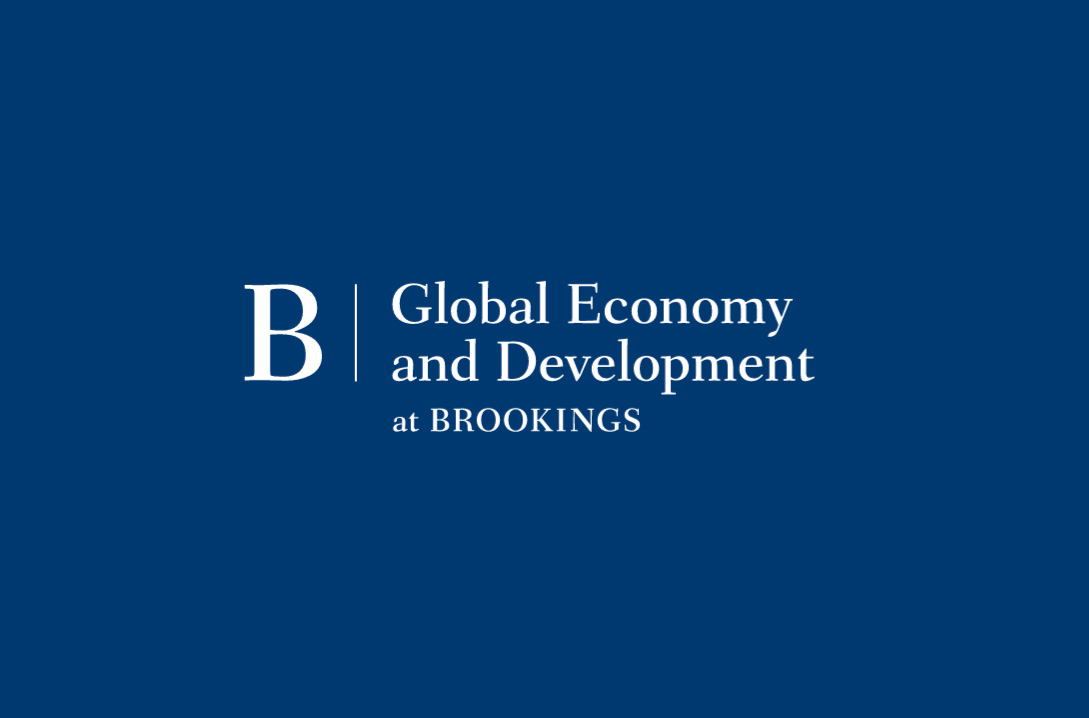
The epidemic effect: Epidemics, institutions, and human capital development
The Brookings Institution released a new working paper on the impact of the meningitis epidemic on human capital development in Africa.
The authors analyzed data on infectious incidence in 23 countries of the African continent with a population of more than 700 million people, most at risk of contracting meningitis.
The study found that countries in the region spend up to 34% of GDP per capita on direct and indirect costs associated with epidemics.
At the same time, epidemics lead to a decrease in children's cognitive function, disability, long-term neurological damage and death.
Experts emphasize the contribution of international institutions in combating the consequences of epidemics in developing countries.
One of the international countermeasures is defining certain thresholds of infectious disease cases and the direction of financial assistance in case of reaching critical values.



